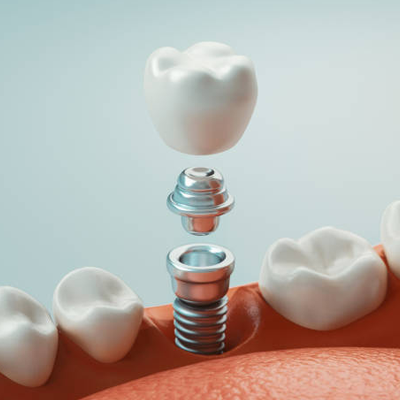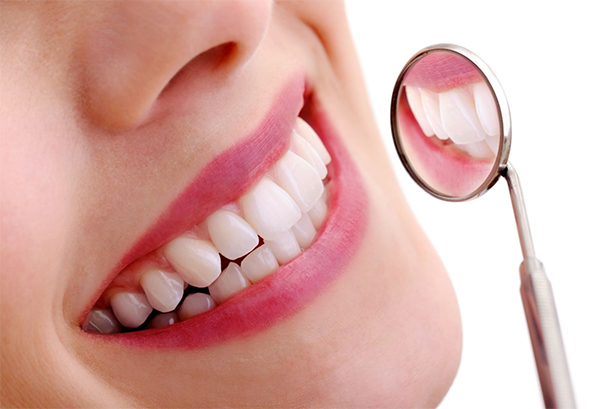
Can An Emergency Dental Care Professional Extract A Tooth?
Emergency dental care is frequently necessary and can be extremely uncomfortable. One common question that many individuals have when they’re facing a dental emergency is whether an emergency dentist can extract a tooth if necessary. In this informative blog, we’ll explore the role of emergency dentists in tooth extractions, what to expect during such an emergency visit, and some tips to help you prepare for potential dental emergencies.
I. Understanding The Role Of An Emergency Dentist
When you think of a dentist, you may picture routine check-ups, cleanings, and cavity fillings. However, emergency dentists play a crucial role in addressing dental issues that require immediate attention, especially those causing severe pain, bleeding, or infection. These skilled professionals are equipped to handle a wide range of dental emergencies, including tooth extractions.
Types of Dental Emergencies:
Dental emergencies encompass various situations, such as:
Severe Toothache:
Intense and persistent tooth pain can be a sign of an underlying issue, like a tooth infection or a damaged tooth.
Fractured or Broken Teeth:
Accidents or trauma can result in fractured or broken teeth that need immediate treatment.
Loose or Knocked-Out Teeth:
Teeth that have been dislodged or knocked out require immediate attention to maximize the chances of saving them.
Infections and Abscesses:
Dental infections can be painful and lead to potentially dangerous abscesses, requiring immediate intervention.
Emergency Dentists’ Expertise:
Emergency dentists are experienced in managing these urgent situations. They are trained to assess the problem, provide pain relief, and perform necessary procedures, which may include extractions.
II. Can An Emergency Dentist Extract A Tooth?
Yes, an emergency dentist can perform tooth extractions when required. Tooth extraction is a common dental procedure carried out for various reasons, such as:
Severe Tooth Decay:
When a tooth is extensively decayed and cannot be saved through restorative procedures like fillings or crowns, extraction may be necessary to prevent the spread of infection.
Impacted Wisdom Teeth:
Wisdom teeth often do not have enough space to grow properly, causing pain and potential dental issues. Emergency extraction may be needed if an impacted wisdom tooth becomes infected or causes severe discomfort.
Dental Trauma:
In cases of severe dental trauma, where a tooth is broken or knocked out, an emergency dentist may decide that extraction is the best course of action if the tooth is beyond repair.
Advanced Gum Disease:
Periodontal disease can lead to tooth mobility and loss. In some cases, emergency extraction may be necessary to alleviate severe gum disease-related pain.
III. What To Expect During An Emergency Tooth Extraction
When you visit an emergency dentist for a tooth extraction, it’s natural to feel anxious. Certain of your worries may be allayed if you comprehend the procedure. Here’s what typically happens:
Assessment:
The emergency dentist will begin by assessing your condition. They will review your dental history, conduct an examination, and possibly take X-rays to get a clear picture of the issue.
Anesthesia:
The dentist will numb the region surrounding the damaged tooth using local anesthetic to ensure your comfort throughout the treatment. This will prevent you from feeling pain during the extraction.
Extraction:
The extraction itself will be carried out with precision. The dentist will use specialized instruments to loosen and remove the tooth carefully. In some cases, they may need to make a small incision to access the tooth.
Aftercare:
After the extraction, the dentist will provide instructions on how to care for the extraction site to promote healing. If required, they could also recommend antibiotics or painkillers.
Recovery:
Recovery time can vary depending on the complexity of the extraction and your overall health. The dentist will schedule a follow-up appointment to monitor your progress and ensure proper healing.
IV. Preparing For A Dental Emergency
To humanize the experience of dealing with a dental emergency, it’s essential to be prepared. Here are some tips:
Find an Emergency Dentist:
Research and identify an emergency surgeon in your area. In an emergency, having their contact information on hand might save a great deal of time.
Maintain Good Oral Health:
Regular dental check-ups and practicing good oral hygiene can reduce the risk of dental emergencies.
Have an Emergency Dental Kit:
Consider putting together a small dental emergency kit that includes pain relievers, sterile gauze, a small container for a knocked-out tooth, and the contact information of your emergency dentist.
Know What to Do:
Familiarize yourself with basic first aid for dental emergencies, such as how to handle a knocked-out tooth or control bleeding.
Dental emergencies can be distressing, but knowing that an emergency dentist is capable of extracting a tooth when needed can provide peace of mind. These skilled professionals play a vital role in alleviating pain and preventing further complications. By understanding what to expect during an emergency tooth extraction and preparing for potential dental crises, you can humanize the experience and ensure you receive prompt and effective care when it’s needed most.










